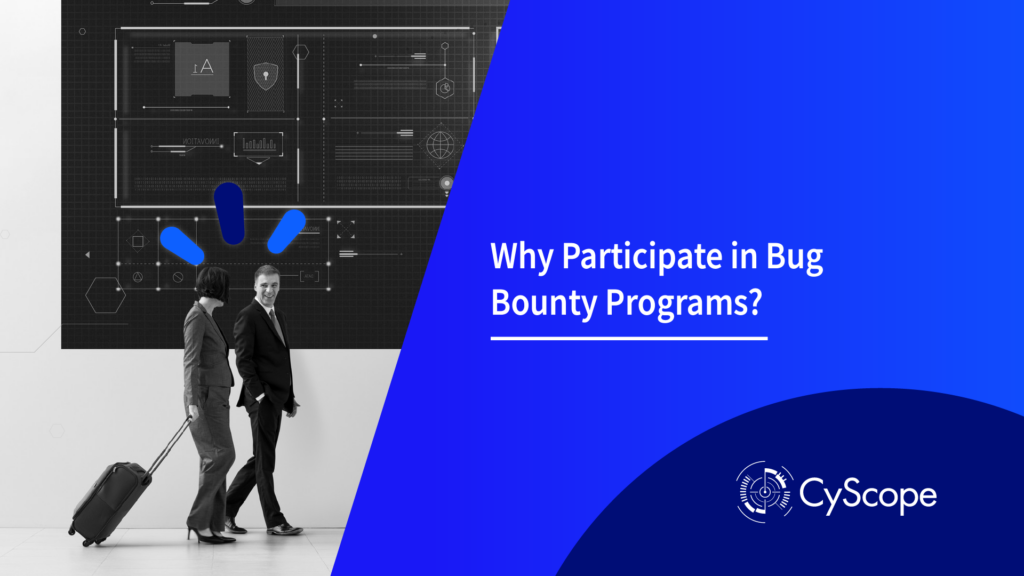It all started during a casual lunchtime chat.
My colleague Álvaro was at the beginning of his adventure into the world of ethical hacking. He looked genuinely surprised when I answered his question about why I participate in bug bounty programs: «Well, it’s like a ticket to real-world experience, but without the rigid work hours or the risk of ending up behind bars.»
Naturally, there are more reasons, and I’ll gladly delve into them below. My hope is that these insights can be valuable to anyone contemplating a journey as a bounty hunter, ethical hacker, pentester, or researcher.
Let me take you back a couple of decades when Chile was a whole different place. Picture this: no Instagram, Twitter, or Facebook. Having an internet connection was a rare privilege – like owning a precious gem. Companies were cautiously dipping their toes into the online world. It’s worth noting that the .cl domain had only come into existence in 1997.
As time rolled on, technology, as it always does, started advancing rapidly, getting more intricate by the day. Websites were no longer just a bunch of HTML code; they now featured JavaScript for fancy tricks, database connections, and fancy specialized frameworks. But here’s the catch: with all this progress came vulnerabilities, mainly because folks were still learning the ropes of secure application development.
Back in those days, there were no books to guide you through the labyrinth of cybersecurity, and no websites offering the chance to hone your skills. Your best bet was to seek out the «computer wizard» in your class and hope they could demystify terms like Trojan and phishing for you. Hacking, back then, had an air of obscurity around it, often linked to cybercriminals or the extravagant scenes of Hollywood movies.
And… the concept of bug bounties? It didn’t even exist. If a researcher stumbled upon a vulnerability on a website, they faced a tough decision. Contacting the company and reporting it was a risky move that could lead to legal troubles or even worse repercussions. So, the cautious route was often to report it anonymously and hope the developers would patch up the bug within a reasonable timeframe. Sometimes it worked out, and other times, it left researchers hanging in uncertainty.
Fast forward to today, and things have taken a dramatic turn. The global infosec community has flung its doors wide open: we have Capture The Flag (CTF) competitions – essentially the «olympics of hacking» -, there’s an abundance of specialized literature, YouTube channels dedicated to the craft, annual conferences that draw enthusiasts from all corners, and even formal courses and certifications to pave your way.
The reality for a researcher who finds vulnerabilities on a website has also evolved. And the real game-changer? Bug Bounties. Companies participating in bounty programs reward those who report valid vulnerabilities with monetary incentives, swag (gifts), or other forms of recognition, all without legal repercussions. Hacking is allowed as long as there’s no harm to the infrastructure.
Returning to that lunch conversation with Álvaro, I started to shed light on why bug bounty programs are such a brilliant idea. You see, while platforms like Hackthebox or TryHackme, among others, provide excellent training grounds to learn the ropes of hacking, there’s a crucial distinction. These environments are, well, let’s just say, forever vulnerable. But in the real world, it’s a different ballgame. No one offers a guarantee that you’ll stumble upon vulnerabilities while auditing systems, which means you have to approach every investigation with meticulous care. This is where the rubber meets the road. It’s one of the fundamental distinctions between the controlled laboratory setups and the wild terrain of real-world environments. Out there, there are no cheat codes, no write-ups, and certainly no guides with ready-made solutions—because, frankly, there may not even be a vulnerability to begin with. It’s a genuine test of your skills and intuition.
This makes my initial statement quite clear: you gain real-world experience. Even if you don’t stumble upon vulnerabilities right away, you’re auditing an actual system, often one that’s in full-blown production. Now, why does this matter? Well, imagine yourself as a budding junior pentester looking to land your first gig. This experience is pure gold when you’re in that job interview hot seat. They might fire questions like, «What technologies did you observe? What tools did you employ? What methodology guided your approach? Have you ever spotted a vulnerability entirely on your own?» It’s the stuff that showcases your abilities and sets you apart in a competitive field.
Another compelling reason to dive into bug bounty programs is the opportunity to safeguard the internet and fortify the infrastructure of companies you admire. Is there a particular company or institution you hold in high regard? This is your chance to lend a helping hand, to be their digital guardian, and to contribute to a cause you believe in.
We circled back to the topic of swag and bounties. These tokens of appreciation can take various forms, from cool T-shirts to hard cash. The prospect of earning money through bug bounties or simply being rewarded for your efforts can be a substantial motivating factor, depending on your personal goals.
In conclusion, if you’re just starting out in the bug bounty world, remember not to rush. Approach these programs with a dual aim: to learn and enrich your knowledge while aiding companies in uncovering and resolving potential bugs. As your experience grows, so will your skills for spotting valid vulnerabilities.
CyScope is an excellent launching pad for your bug bounty adventures as it boasts a plethora of both public and private programs. Team response times are on the decline, and the community is growing with each passing day.
I can’t help but wonder if Álvaro has taken the plunge and joined a program… Most likely, he did.





